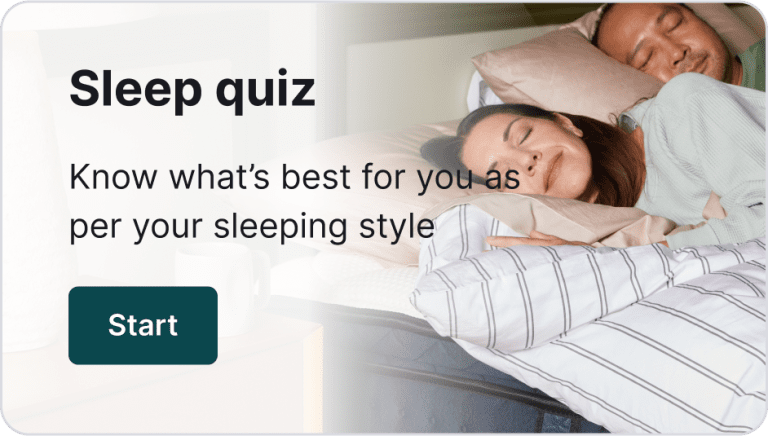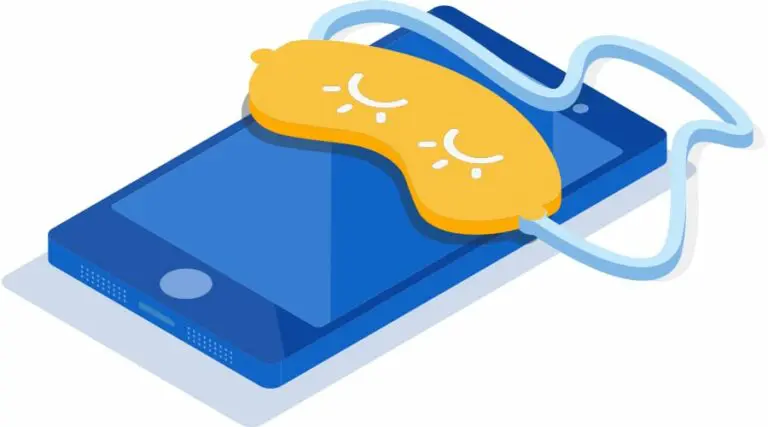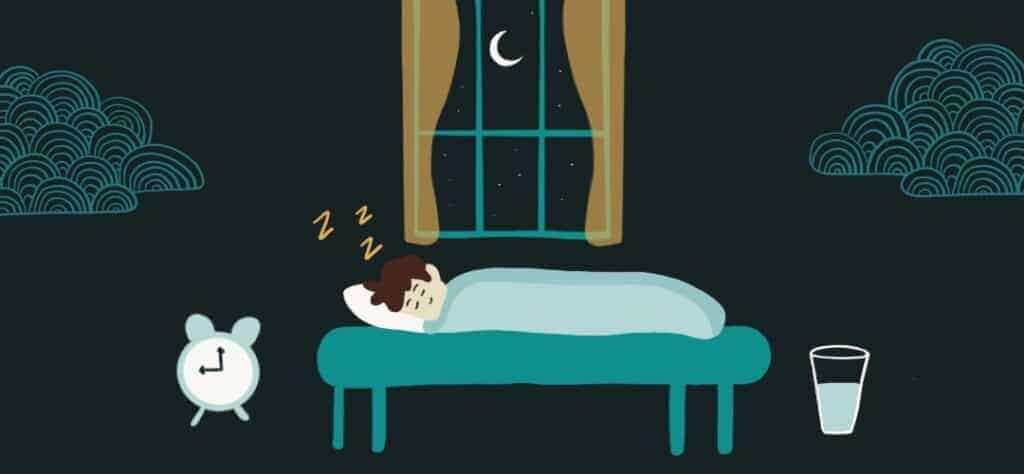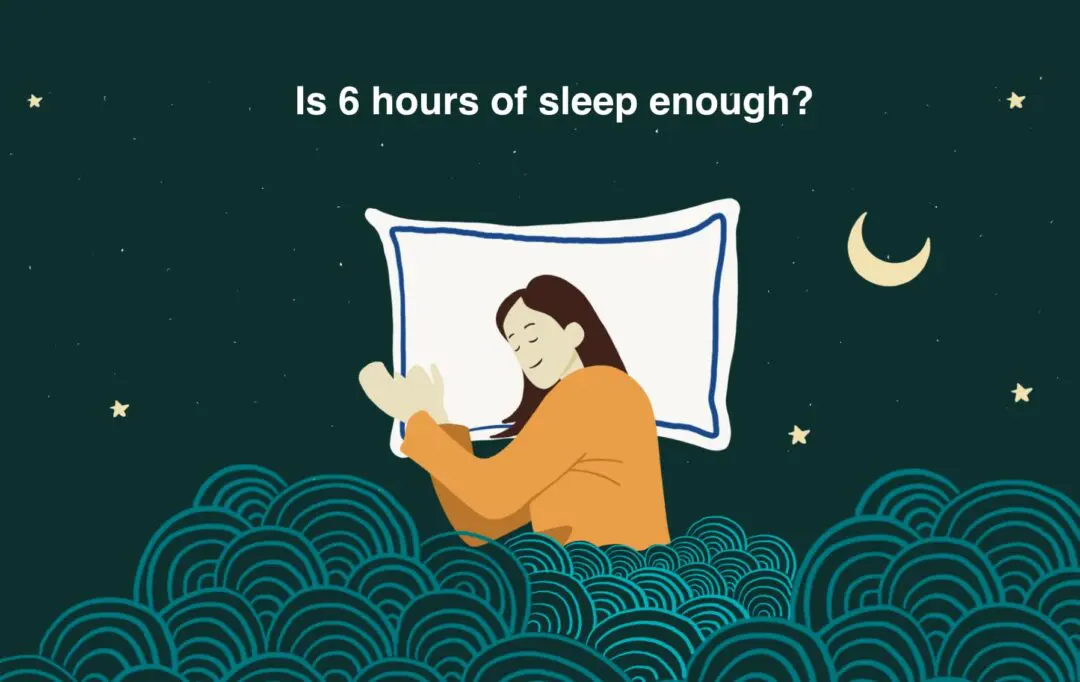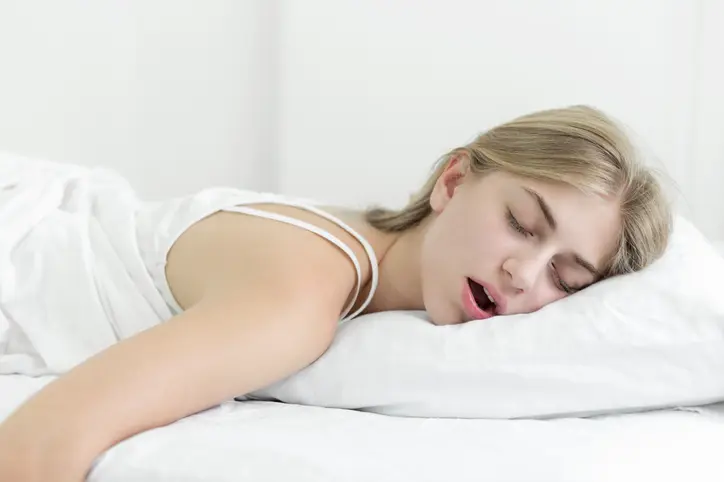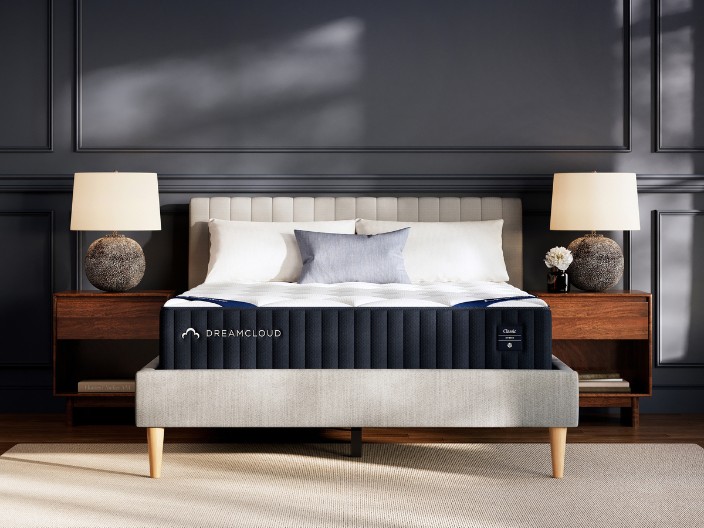Why Sleep is a Vital Tool For Aging Well
Share
Fact checked
Reviewed by experts
Updated
December 22, 2022
Quick read
2 mins to read
List of Content
Most people look at their retirement years as a time of peace and tranquility, a time to catch up on sleep that they may have missed while running the rat race. While we can’t recommend missing out on sleep during your working years, there’s evidence to suggest that it’s very important that as you age, you need to spend as much time as possible snoozing on your most comfortable mattress. There’s no substitute for a good diet, exercise, and healthy relationships, but those things plus at least seven hours of sleep added to your regimine guarantees that you’ll able to turn back the clock and feel youthful even as you enter the sunset years of your life.
Staying Consistent With Sleep
An average adult needs between seven and nine hours of sleep, and that doesn’t technically change as we get older. What does change, however, is the ability to get that sleep. As we age it’s harder to get into deep REM sleep, the restful, rejuvenating sleep that is most vital in combating the aging process. There are a number of factors that contribute to this, but most of all is the disruption of the circadian rhythm. That means that even if you have the most comfortable mattress, you may still experience sleep disorders.
The circadian rhythm is a universal process that helps tell the body when it’s ok to rest some of the processes that are going on during the day. As we age, the circadian rhythm becomes irregular. That’s why as we age we tend to go to bed earlier and get up at the crack of dawn.
Fighting Insomnia
As we age, insomnia becomes a bigger factor. Depending on the year, between thirty and forty percent of grown adults report suffering from insomnia. That’s enough that the US has declared a health emergency for lack of sleep. The largest group of sleep insomnia sufferers are post-menopausal women, but across the board those numbers go up until about the age of seventy.
So what can we do? Besides investing in the most comfortable mattress, there are a number of things you can to flip the script on insomnia. Eating well is a sure fire way to help your sleep schedule. Try going easy on meat and heavier food items, especially later in the evening, to ensure that your sleep processes aren’t being disrupted.
Regular exercise is also an important component to any sleep schedule. Besides tiring your body physically, exercise relieves anxiety, and boosts helpful sleep hormones that will have your body better able to drift off to sleep. If you can’t quite muster up the enthusiasm to play tennis or intense games of basketball, that’s ok. Going on long walks is proven to be just as effective, and can combat sleep predators like restless leg syndrome.
Conclusion
Just know that your body wants to sleep. It’s the natural way, so you don’t have to stress or become to anxious in thinking about how to better catch an elusive night’s rest. As long as you follow these steps, spend plenty of time on a most comfortable mattress, and allow yourself to sleep well, you’ll spend your sunset years in good health, with plenty of energy to do all the activities you’ve earned in your retirement. Good luck and happy sleeping.
This website does not offer medical advice nor professional medical services; rather, it is provided solely for educational, informational, and/or entertainment purposes. Individuals seeking medical advice should consult a licensed physician. The information provided should not be used for diagnosis or treatment of any condition, disease, or injury. When you have a medical condition, you should always talk to licensed doctor or other certified medical professional. You should never delay seeking professional medical advice or treatment based on the contents of this website. Call 911 or immediately go to the nearest emergency room if you think you may have a medical emergency. The contents of this website are provided “as-is”, Sleep Authority and its parent, subsidiaries, affiliates, employees, contributors disclaim any warranty of the information contained herein. Please contact using contact form to report any errors, omissions, misinformation, or abuse.

